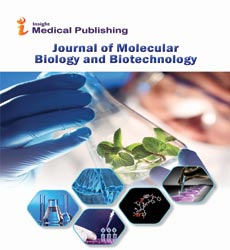Probiotic Properties Analysis of Isolated Lactic Acid Bacteria from Milk
Abstract
Lactic acid bacteria (LAB) are essential ingredients in probiotic foods, intestinal microflora, and dairy products that are capable of coping up with harsh gastrointestinal tract conditions and are available in a variety of environments. The objective of this study is to evaluate the probiotic property of LAB isolated from bovine milk. Milk samples were collected from local dairy farms. Samples were obtained using sterile test tubes and transported to a laboratory in the icebox for further biochemical characterization. Preliminary Physiological and biochemical identification of LAB isolates was conducted by growing on MRS agar after ten-fold serial dilution. Seven of the best isolates were selected for the evaluation of the probiotic property. The LAB isolates were checked for resistance to antibiotics and their antimicrobial activity by disc diffusion assay and agar well diffusion assay respectively. Bile salt hydrolase activity of isolates were studied by growing isolates in BSH medium with bile salt. Cell surface property of isolates was assayed by studying their autoaggregation and coaggregation percentage with S. aerues. All isolates were found BSH positive. In addition, BCM2 and BGM1 were susceptible to all antibiotic disks except BBM1 which was resistant to all antibiotic disks. BCM1 and BGM1 had the highest autoaggregation and coaggregation potential respectively. Since all LAB isolates showed gastro intestinal tolerance and good cell surface property they could be considered as good potential probiotic candidates for treatment and probiotic starter culture preparation.
Open Access Journals
- Aquaculture & Veterinary Science
- Chemistry & Chemical Sciences
- Clinical Sciences
- Engineering
- General Science
- Genetics & Molecular Biology
- Health Care & Nursing
- Immunology & Microbiology
- Materials Science
- Mathematics & Physics
- Medical Sciences
- Neurology & Psychiatry
- Oncology & Cancer Science
- Pharmaceutical Sciences
